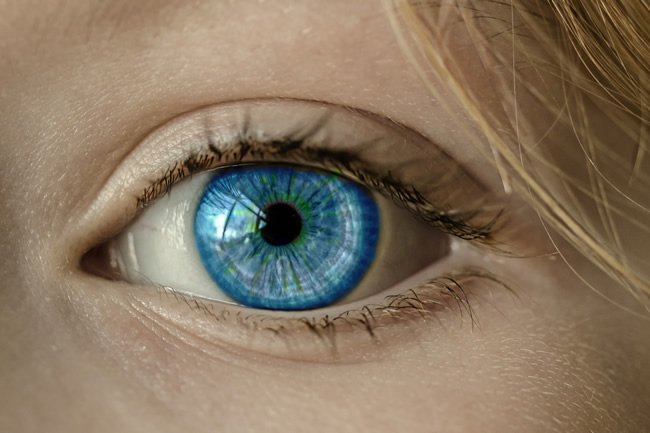What is glaucoma?
Over time, the intraocular pressure and other factors may cause damage to the optic nerve and affect your eyesight. If your nerves are sensitive you may get glaucoma even when the pressure in your eyes is normal. If an eye test finds that you have either high pressure inside your eye or sensitive nerves, special eye drops may be able to reduce the pressure and prevent glaucoma. Ask your doctor whether these are right for you.

What are the symptoms?
Glaucoma starts with small blind spots at the edge of your vision. You can not detect those spots, you don’t ‘see’ them. Without treatment, the spots get slowly bigger until you can only see things that are directly in front of you.
Some people with severe glaucoma find it hard to see if they move from a light room to a darker one. Or they find it difficult to judge the height of steps and curbs. This can cause trips and falls. Glaucoma affects your eyesight very gradually. Many people don’t notice it at first. You can get glaucoma in one or both of your eyes. It doesn’t hurt.
How do I know if my optic nerve is damaged?
A complete examination of Glaucoma includes vision testing, measurement of the eye pressure, slit lamp examination and additional tests such as:
- Visual fields
- Photos of the optic nerves
- Analysis of the structure of the optic nerve and anterior part of the eye with OCT
- Pachymetry
We use the latest technology for documenting the glaucomatous damage. See our equipment
How Glaucoma Surgery works?
Eye drops for glaucoma can reduce the pressure inside your eyes and stop your sight getting worse. They also seem to help people with glaucoma who don’t have high pressure in their eyeball. You may need to try several types of drops before you find one that works. Or you may need to use two types at the same time. We recommend preservative-free drops as first line treatment because the preservatives may damage the ocular surface in the long term.
If drops don’t work, your doctor may suggest laser or conventional surgery. Laser treatment of the angle of the eye may reduce the pressure, but you may need additional laser after a few years or even shorter. The conventional operation to lower the pressure in your eye is called a trabeculectomy. It takes about an hour. It can be done under local anesthetic (to numb your eye) or general anesthetic (which makes you sleep). You’ll probably go home the same day.
Surgery seems to work just as well as laser treatment or eye drops. But it has side effects. You have also an increased risk of cataracts. Cataracts turn your vision cloudy, but they can be treated with surgery. It’s also possible to perform combined surgery for cataract and glaucoma.
What will happen to me?
Glaucoma is a long-term disease. You’ll need treatments and regular check-ups for the rest of your life. Without treatment, glaucoma would slowly make your eyesight worse. Over many years, you could even lose your sight. But treatments can help stop the damage. Most people with glaucoma don’t go blind.
The better your eyesight is to start with, the easier it is to protect it. The best thing you can do is to get your eyes tested regularly and go for treatment early. It’s also important that you remember to use your eye drops.
Consult us for more advice and help.
